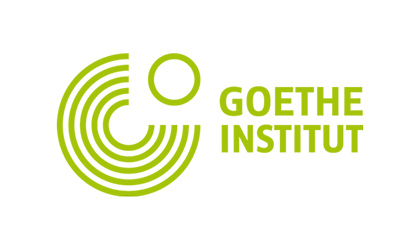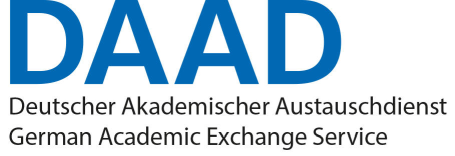Knowledge and ethics. Graduates should possess
- Well-rounded knowledge (LOK1). The graduates are expected to acquire general and advanced/specialized technical knowledge in various disciplines necessary to work appropriately in chemical and process industries. Specifically, they would be able to choose and apply appropriate engineering knowledge, tools, and software to solve complex problems, understand the impact of selected engineering solutions on economics, environment, and society aspects. They understand the nature of industrial research and have ability to design and conduct a research at basic to intermediate levels as well as be able to analyze and interpret the data obtained.
- Inquiring mind (LOK2). The graduates should have some degree of curiosity about the work they are doing. And they should know how to find the answer and how to acquire the necessary knowledge from various sources to expand their existing bodies of knowledge.
- Good Morale and Ethics (LOK3). The graduates are expected to understand professionalism, ethics, morality, and responsibility according to professional standards.
Engineering Skills. Graduates should possess the following skills:
- Chemical and Process Engineering tools literacy (LOS1). They should have basic skill in using some essential Chemical and Process Engineering tools such as Aspen Plus process simulation software, CFD program (ANSYS Fluent or COMSOL), Also, they should get familiar with some programing language (Excel VBA or Visual Fortran), and Numerical Evaluation software (MathCAD, Mathematica, or MATLAB).
- Critical thinking and analytical skills (LOS2). They should be able to assess a situation, look at things in context, recognize relevant criteria, and identify key issues that need to be addressed.
- Problem solving skills (LOS3). They should be able to identify, formulate, and use necessary techniques, skills, and modern engineering tools to solve engineering problems.
- Communications and collaboration skills (LOS4). They should be able to listen, report, communicate, and work effectively on a team-based engineering project.
- Management skills (LOS5). They should be able to plan activities, set priorities, and make good judgments about what to do in a project or an assigned task. And when a problem occurs they should be able to handle it and change the work plan to suit the situation.
- Commercial awareness (LOS6). They should be able to design and realize an engineering system, component, or process to meet desired needs within realistic constraints such as economic, environmental, social, political, ethical, health and safety, manufacturability, and sustainability.
Competences. Graduates should be able to
- Process performance improvement (LOC1). Assess and propose the practical solution for process improvement in chemical industries.
- Products quality improvement (LOC2). Improve performance and quality of existing chemical products.
- Plan and conduct the research (LOC3). Plan and conduct the research according the assigned direction of industry/organization.
- Preliminary technology evaluation (LOC4). Preliminarily evaluate available technologies for industrial applications.


